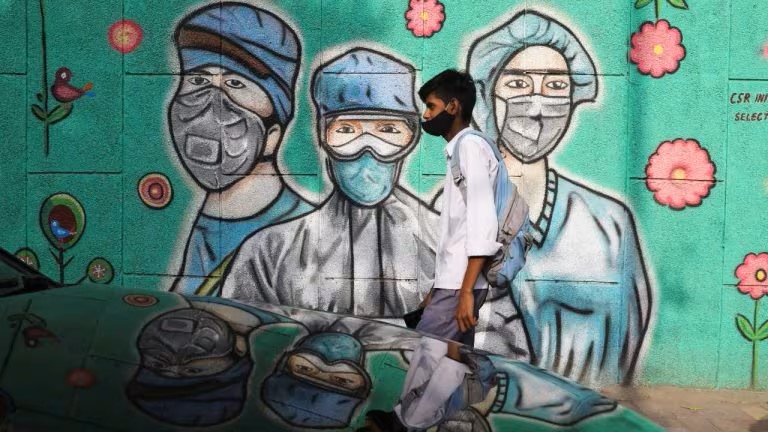World Health Organization (WHO) chief Tedros Adhanom Ghebreyesus called an emergency meeting of international experts to address the growing concerns over the spread of the Mpox virus.
As Mpox cases rise outside the Democratic Republic of Congo (DRC), Tedros announced that the WHO emergency committee would convene “as soon as possible” to determine whether the outbreak constitutes a public health emergency of international concern (PHEIC). This designation is the highest alert the WHO can issue, enabling Tedros to initiate emergency responses under the International Health Regulations.

Mpox, formerly known as monkeypox, is an infectious disease caused by a virus transmitted to humans through infected animals and human-to-human contact via close physical interaction. Discovered in humans in 1970 in the DRC, mpox causes fever, muscle aches, and large boil-like skin lesions.
In May 2022, Mpox infections surged globally, primarily affecting gay and bisexual men due to the Clade IIb subclade. This led the WHO to declare a PHEIC from July 2022 to May 2023. Although this outbreak has largely subsided, a new strain, the Clade Ib subclade, has been spreading in the DRC since September 2023.
On July 11, Tedros reported over 11,000 cases and 445 deaths in the DRC this year, with children being the most affected. The disease has since spread to neighboring countries, prompting the urgent WHO meeting.
The WHO’s swift response to the Mpox outbreak underscores the seriousness of the situation. As the virus continues to spread, international cooperation and vigilance will be crucial in controlling the epidemic and preventing further fatalities.




